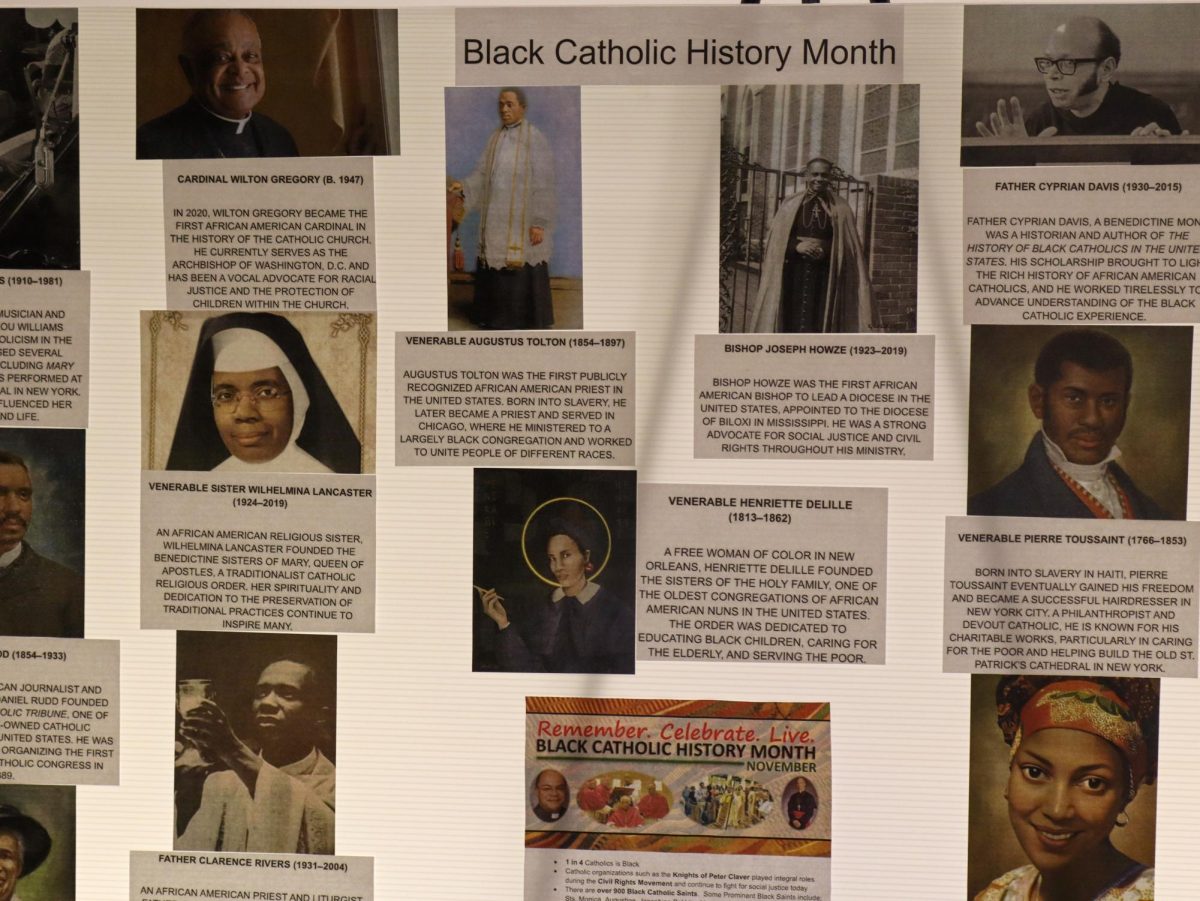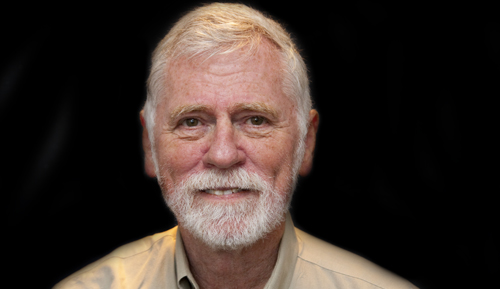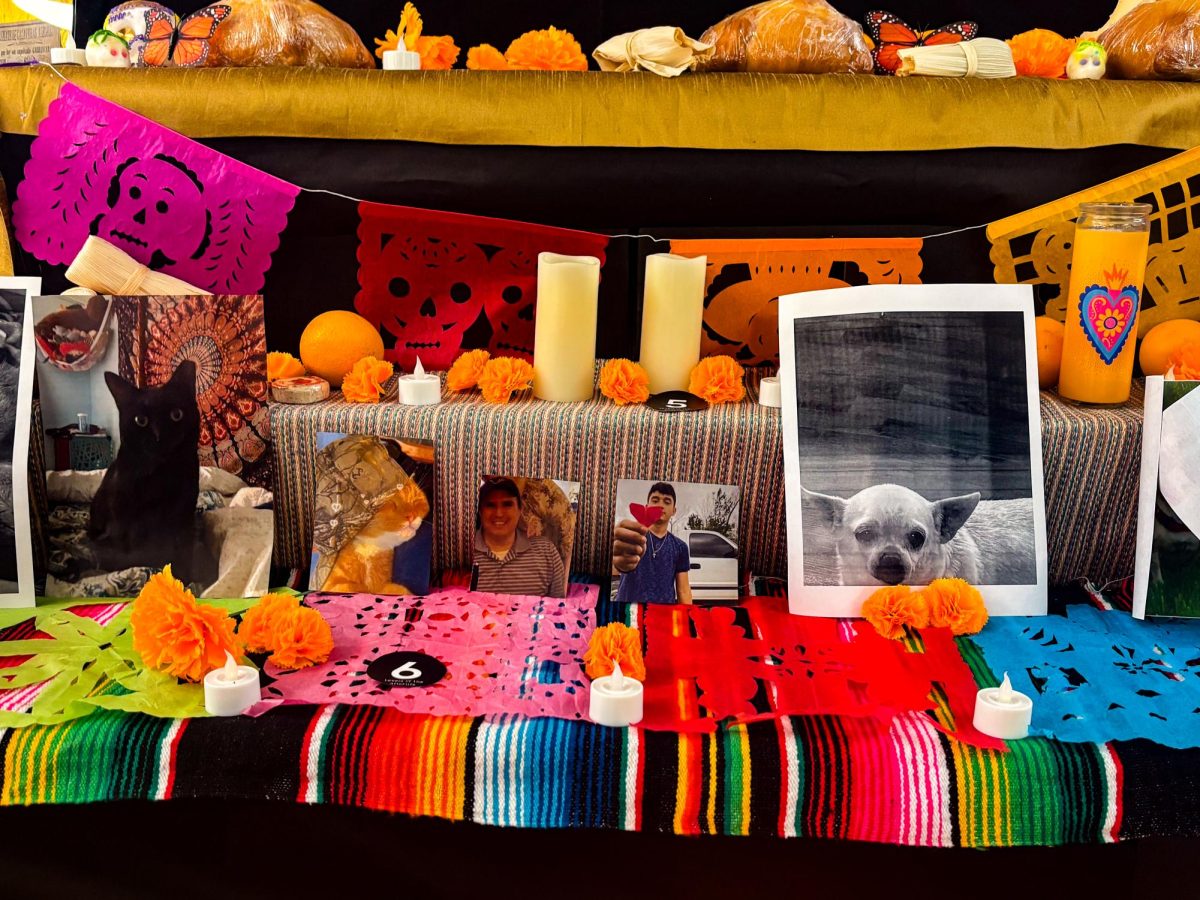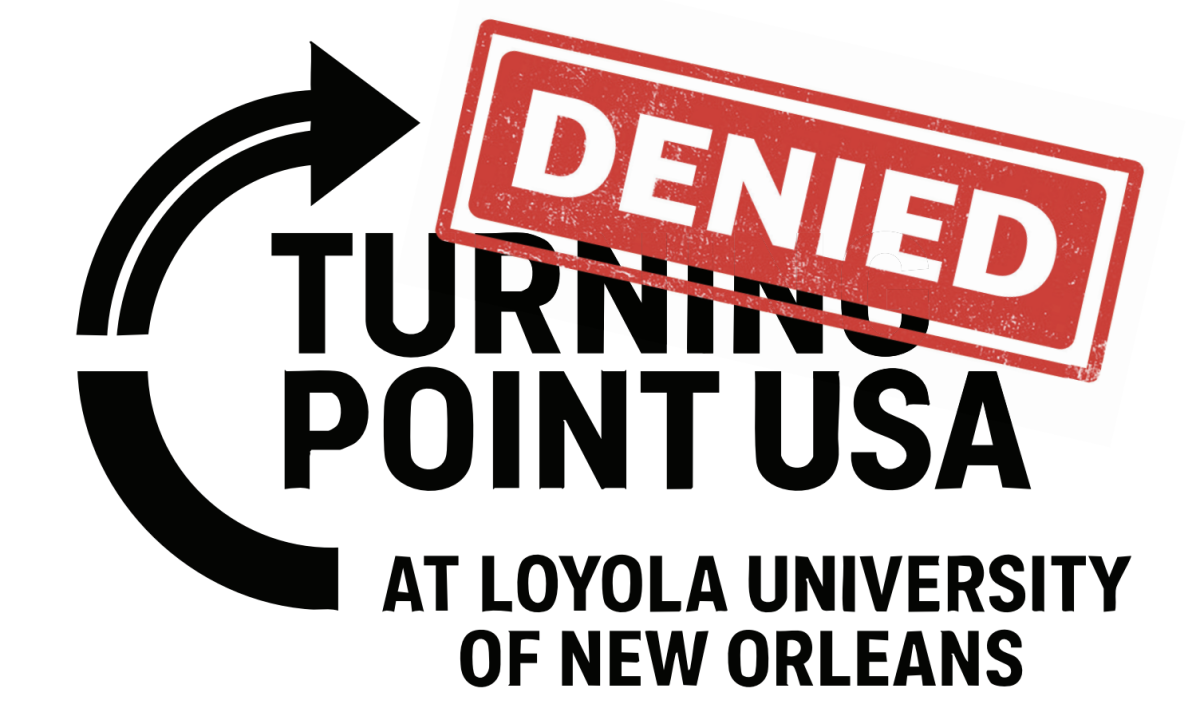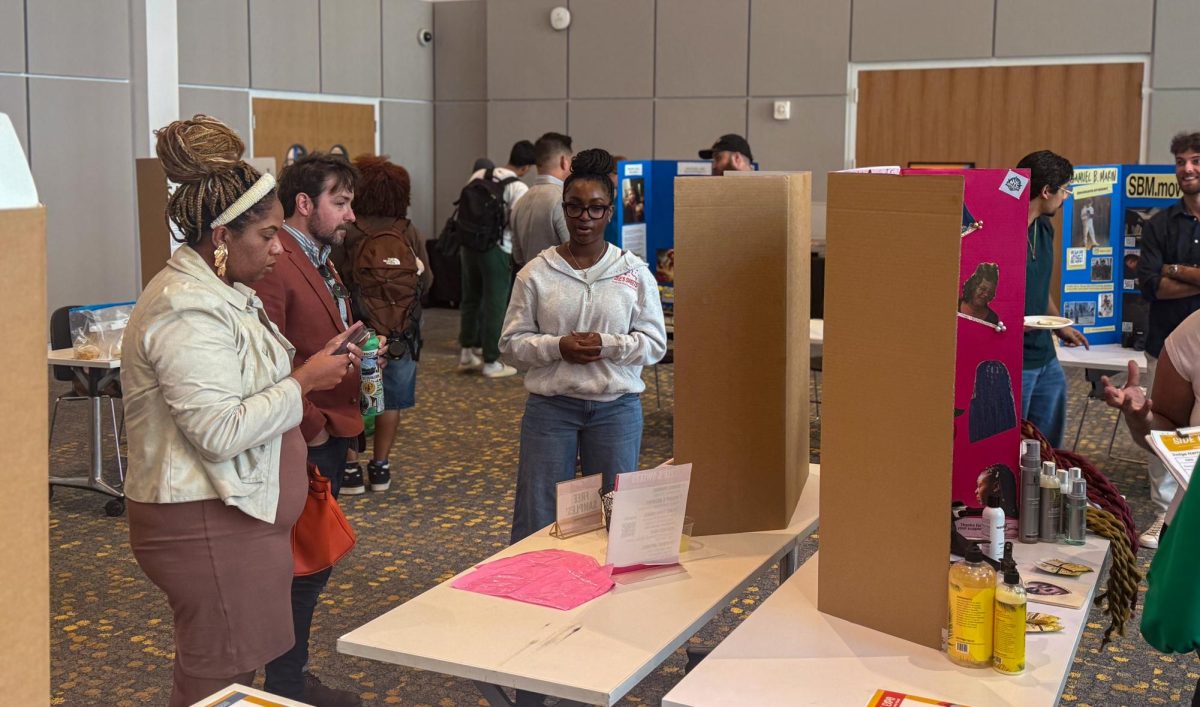The Jesuit Social Research Institute recently received over $100,000 in grants towards extending research associate Calvin Duncan’s Light of Justice program, which works to protect the rights of incarcerated individuals.
According to Annie Phoenix, executive director of the JSRI, the Light of Justice program will assist incarcerated people in overcoming obstacles that could prevent judges from reviewing certain merits which could determine appeal and post-conviction decisions.
Additionally, the program aims to educate incarcerated individuals on procedural rules and recent changes in the law, and it also assists incarcerated people who provide legal assistance inside prisons, called counsel-substitutes, in monitoring court deadlines and the results of their direct appeals, according to Phoenix.
“Incarcerated council substitutes, who provide legal assistance in prisons, embody our Jesuit ideal of being men and women with and for others. Light of Justice supports incarcerated men and women working inside legal programs in prisons to serve others and advocate for justice,” Phoenix said.
“Calvin Duncan’s memoir, The Jailhouse Lawyer, shares his harrowing story and highlights the foundation of our work at the Light of Justice Program,” Phoenix said.
The Light of Justice program’s foundations tie into Duncan’s own experience of being wrongfully convicted and incarcerated for 28 years for a murder he did not commit, according to an excerpt from the grant.
The excerpt further explains that Duncan’s lawyer, who he hired in 1989, ignored Duncan’s efforts to communicate and filed a brief that was irrelevant due to the jury’s decision not to sentence him to death.
After realizing this, the attorney wrote a letter to the court to withdraw the argument, leaving Duncan without an appeal and was left to write his own brief.
“Given the abysmal quality of representation the State provided, it is no wonder it took Calvin more than 28 years to obtain a more favorable outcome,” the excerpt said.
Duncan worked for 24 years as a counsel substitute at Angola and witnessed multiple other incarcerated individuals undergo similar treatment, according to the excerpt.
Between 2015 and 2016, Calvin discovered 89 direct appeals where the Louisiana Appellate Project attorneys filed Anders briefs and raised generic briefs and only one or two claims.
Because of his experiences, Duncan created the Light of Justice program so other incarcerated individuals had the chance to avoid this type of treatment and get the access they need to direct appeals.
Additionally, The Light of Justice program is also utilized to fulfill the JSRI’s mission to combat systemic issues like poverty and inequality.
“In a truly just criminal legal system, all people would have the access and resources to fight for their freedom and no one would spend the rest of their life in prison because they missed a court deadline,” Phoenix said.
The continuation of the Light of Justice program will also engage undergraduate students and law students by allowing them to participate in research efforts to aid the incarcerated individuals, according to Phoenix.








